 Daifuku's Sustainability – Past, Present, and Future
Daifuku's Sustainability – Past, Present, and Future
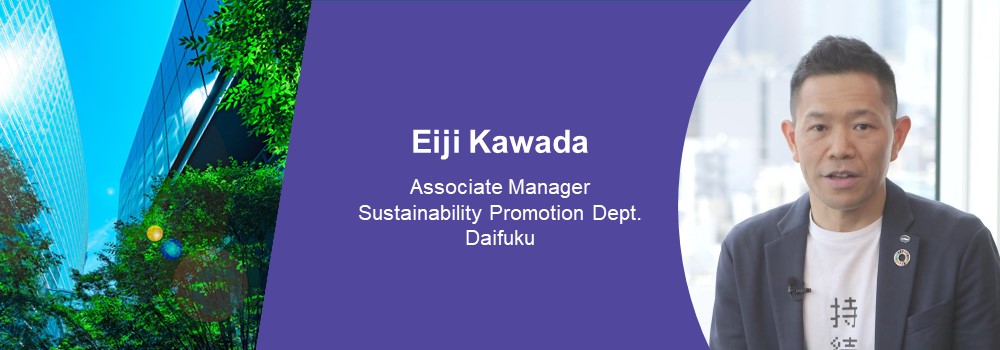
In line with the renewal of the sustainability section of the Daifuku website on September 30th, we interviewed Eiji Kawada of Daifuku’s Sustainability Promotion Department to get his insights on sustainability at Daifuku. In the interview, Kawada introduces Daifuku’s sustainability history, initiatives, and areas for further focus.
Interviewer: Daifuku has a long history, but what can you tell us about the history of sustainability at Daifuku?
Kawada: Since our foundation, we have been contributing to society through our business, caring for the global environment, and striving to create a rewarding workplace. For example, our acquisition of ISO14001 certification for our Shiga and Komaki sites in 1999; the establishment of the Environmental Management Enhancement Committee in 2010, which we formed to address environmental issues from a management level; then we have the formulation of the Daifuku Environmental Vision 2020 in 2011; and then the introduction of the Daifuku Eco Products Certification System in 2012.
If we bring it even closer, in 2020 the Environmental Management Enhancement Committee was renamed to the Sustainability Committee. In 2021, we formulated our Sustainability Action Plan; Daifuku Environmental Vision 2050, which is the successor initiative of the 2020 version I just mentioned; and the Daifuku Group Human Rights Policy. Details on these are available on the sustainability section of the Daifuku website.
Forward-thinking approach
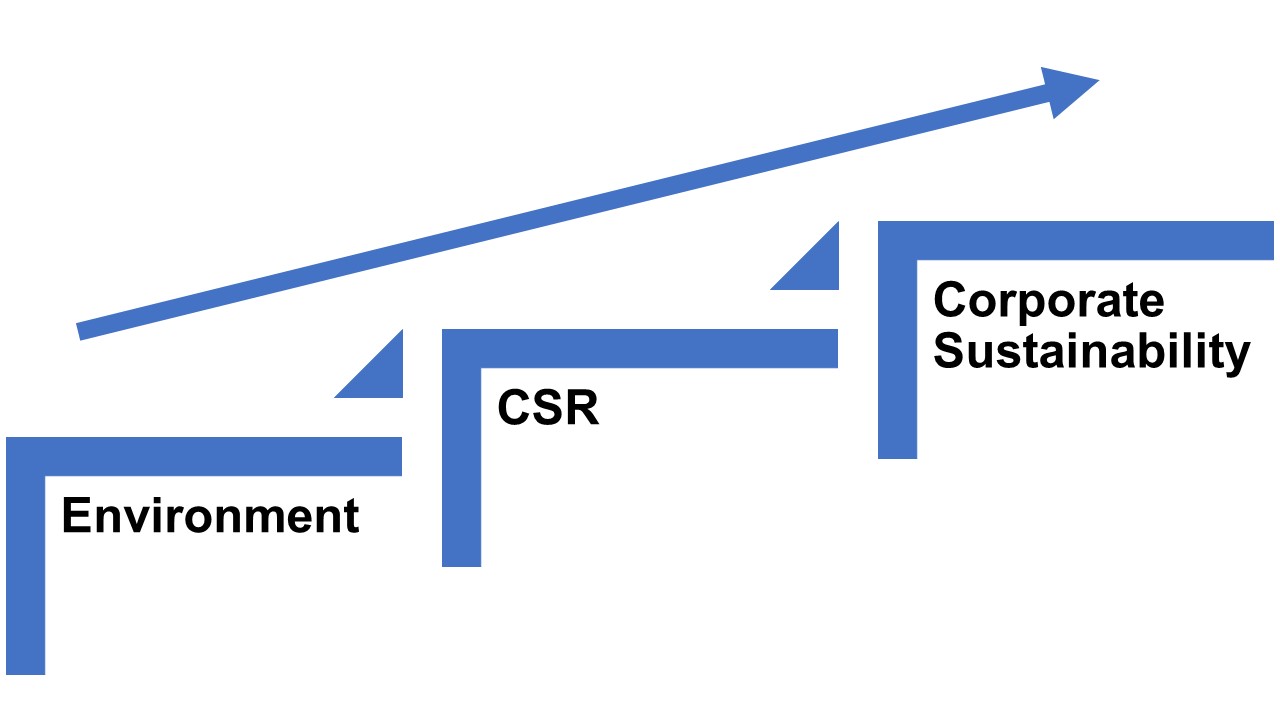
Interviewer: Clearly there a lot of initiatives that we are and have been involved in. What has helped drive the evolution of those efforts to where they are now?
Kawada: While many of our starting initiatives were more focused on the environment, with the prominence of corporate social responsibility (CSR), and more recently ESG (environmental, social, and governance) and the Sustainability Development Goal (SDGs), over the years our efforts have widened to encompass a number of areas including climate change, human rights, diversity, and compliance, and we have begun to look at our sustainability with an eye toward the future.
Value Transformation 2023 and Sustainability Action Plan
Interviewer: On the point of ESG and the SDGs, what is our strategy in response to those? What are we engaged in currently?
Kawada: We have positioned our three-year business plan Value Transformation 2023 and our Sustainability Action Plan as the two pillars of our management strategy and will contribute to achieving the SDGs through their implementation. The Sustainability Action Plan consists of five themes and 18 materialities (important issues): "contribute to a smart society," "maintain and improve the quality of products and services," "enhance operational framework," "respect human dignity," and "contribute to the environment through business.”
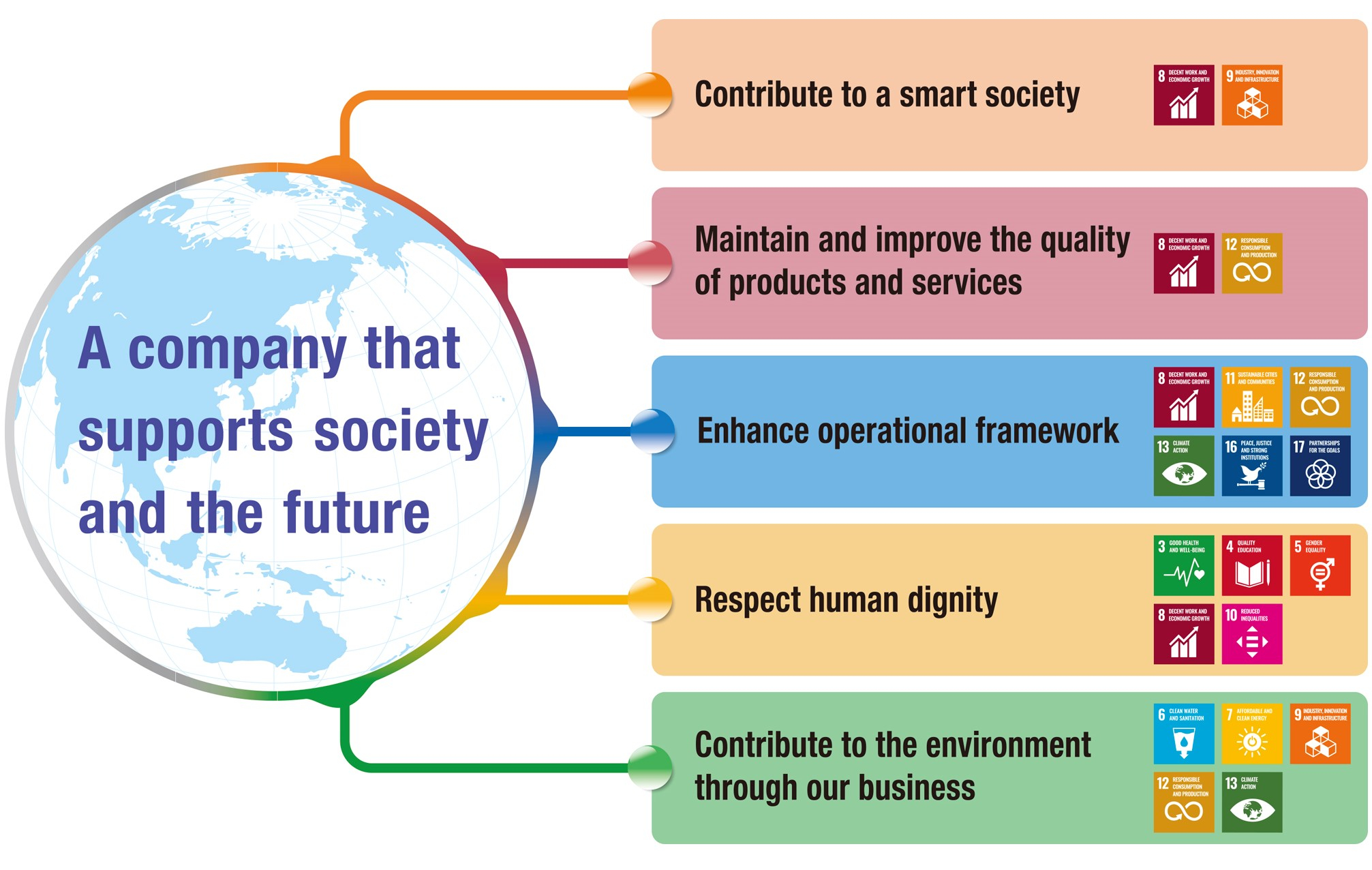
Interviewer: How are we measuring our success on these points?
Kawada: For each we set KPIs that are measured over a three-year period. The KPIs and our progress are disclosed on the Daifuku website.
Initiatives
Interviewer: Can you introduce specific initiatives that we are involved in?
Kawada: Well, for the "contribute to a smart society" theme there is a materiality of "cater to customer needs through smart logistics," which is a goal directly related to our business. As the global trend toward automation and complex logistics accelerates, we expect to see more and more investment to solve labor shortages and improve productivity. We are further increasing the value we provide to stakeholders through the development of new, cutting-edge material handling technologies.
In terms of the theme "respect human dignity,” we have the materiality “protect employee health and safety,” through which we strive to eradicate workplace accidents. We are supporting this goal through the implementation of education and safety training centers. Another materiality is “respect human rights.” We must ensure the rights of all people connected to our business. To that end, we are currently developing a human rights due diligence system.
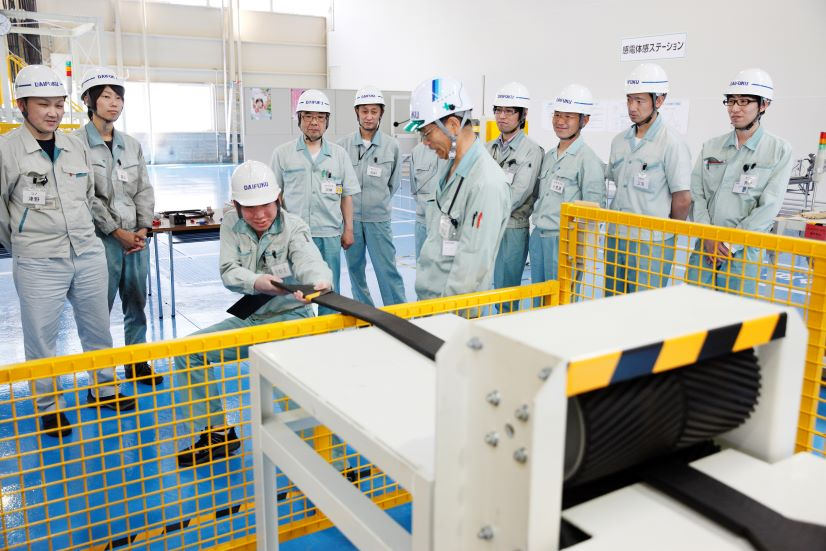
Under the "contribute to the environment through our business" theme, we set a CO2 emission reduction rate that we aim to meet by implementing energy-saving initiatives and renewable energy, and by expanding our range of environmentally friendly products and services through our Daifuku Eco-Products Certification Program.
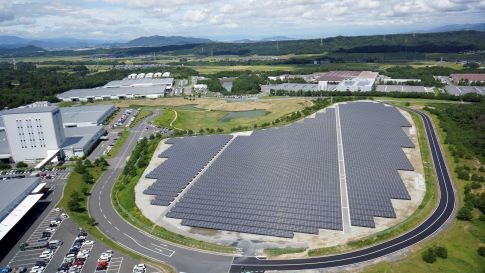
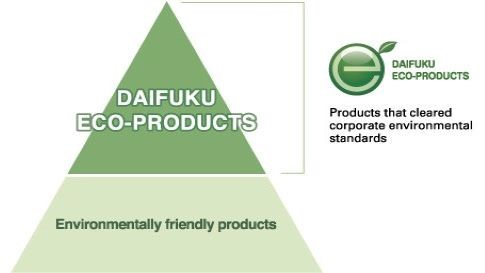
Looking to the future
Interviewer: From a sustainability perspective, what are some areas that we want to apply more focus on over the next 1-5 years and how are we approaching those?
Kawada: The materiality "respect human rights" mentioned just a moment ago requires consideration of human rights not only within the Daifuku Group but for our entire supply chain. A human rights due diligence system is necessary to help us identify and assess negative human rights impacts related to any part of our business, including the supply chain, and to correct, mitigate, and prevent them. If it becomes clear that we have caused or contributed to a negative human rights impact, we will ensure that appropriate and effective remedial measures are taken.
Another topic is our biodiversity initiatives. There is concern that business activities could damage the natural environment and degrade ecosystems. As a measure for that point, we continue to engage with our Yui Project, a biodiversity conservation initiative at our Shiga site in Japan. We are also looking at how we can expand this initiative to the entire group and further deepen our commitment to biodiversity and natural capital.
Daifuku: Environmental Management
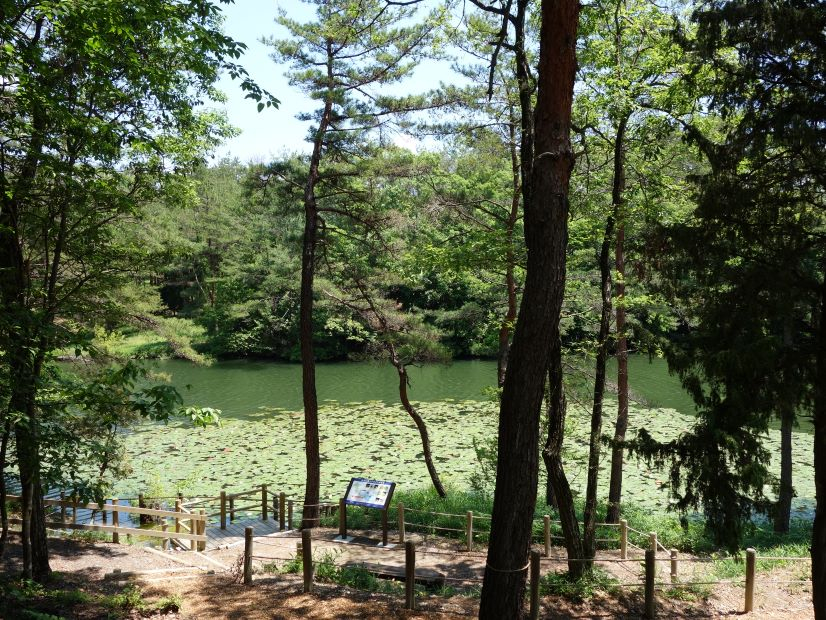
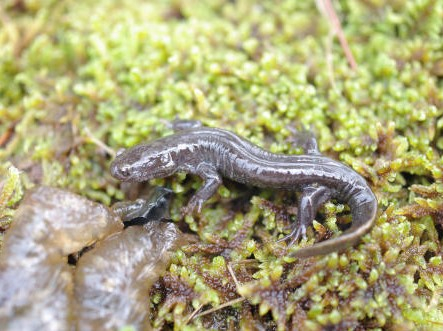

Sustainability section renewal
Interviewer: Lastly, can you tell us about the renewal of the sustainability section of the Daifuku website?
Kawada: The renewal was aimed at improving the message and accessibility of the site to better meet the needs of our stakeholders. The initiatives and activities I mentioned earlier are all documented on the site, and we continue to disclose information in a manner that ensures transparency and originality. I hope that visitors to our website will check out the sustainability section to learn more about Daifuku’s approach.
Daifuku Sustainability Section
Eiji Kawada
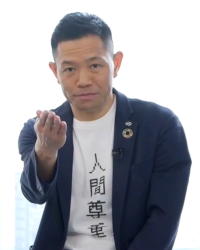
Sr. Manager, Sustainability Promotion Group, Daifuku Co., Ltd.
After obtaining a degree in industrial design, Eiji Kawada started his career at a printing company, where he was in involved in the production, editing, and direction of corporate brochures and related materials. In 2008, he joined Daifuku and worked in the Corporate Communications Department. In 2016, he joined the CSR Promotion Department (now Sustainability Promotion Department) and is involved in activities related to sustainability, ESG, and the SDGs toward improving Daifuku's long-term corporate value.
